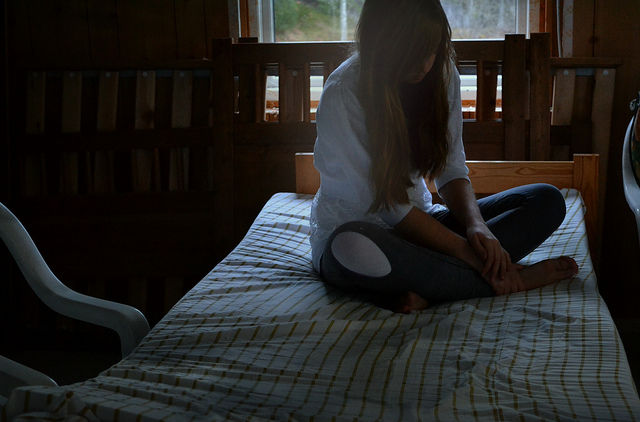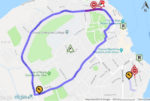Hayley shares this latest news on behalf of the NSPCC. Ed
The NSPCC is today (Wednesday) warning of the risks posed to children using livestreaming or video chat, and calling for government action to protect children from online abuse.
An NSPCC survey of 25,987 children in the South East of England aged seven to 16 revealed a 22% have livestreamed, and 11% have video-chatted with someone they’ve never met in person.
Call for an independent regulator
The charity’s Wild West Web campaign is calling for the creation of an independent regulator that will hold social networks to account and force them to introduce measures to make livestreaming and video-chatting safer.
Of the children who had video-chatted with someone they hadn’t met, one in ten had been asked to get undressed, and one in 20 who had livestreamed were asked to remove clothes.
Blackmail and threats
Carl, a father from Yorkshire, is urging government to take action after abusers used video-chatting app Skype to target his son Ben.
When Ben was 14, a man in his twenties pretended to be a teenage girl and groomed him on Facebook. Over two years that man and five more abusers exploited Ben by using blackmail and threats to coerce him into sending explicit pictures and performing sex acts on Skype.
Carl said:
“Ben tried to get out of the situation so many times but he couldn’t get out. He was trapped and was too frightened to tell anyone. It’s been devastating.
“Government must do whatever it can to protect children from being targeted by abusers online. I don’t want any other families to have to go through what we’ve gone through.”
#WildWestWeb campaign
The NSPCC’s #WildWestWeb campaign is calling on government to create an independent regulator for social networks. To make livestreaming safer:
- Sites must have real-time nudity detection for livestreaming and video chat on children’s accounts.
- Children must be given Safe Accounts with extra protections built in.
- Live video must be limited to contacts approved by the child.
NSPCC CEO: “A dangerous cocktail of risks”
Peter Wanless, NSPCC Chief Executive, said:
“The popularity of livestreaming has led to a dangerous cocktail of risks for children. Its immediacy means children are being pressured into going along with situations that make them feel uncomfortable.
“The lure of a big audience, or thinking that they are chatting to someone they can trust, piles on that pressure. What’s really disturbing is that groomers can then screenshot or record livestreamed abuse, and use it to blackmail the child or share it with others.
“We urge the public to sign our petition calling on Government to introduce tough regulation of social networks to make sure measures are in place to protect children from abuse over livestreaming and video chat.”
Latest findings now published
Livestreaming and Video-Chatting, the NSPCC’s second snapshot of findings from the largest ever UK survey of children’s experiences online, is published today and highlights the dangers children are exposed to.
Nationally, 29% of secondary school children had broadcast themselves online, suggesting that the popularity of livestreaming may have surged among this age group since Ofcom’s estimate last year that one in ten 12-15 year-olds had livestreamed.
Personal stories
Livestreaming has become more accessible in recent years after mainstream sites like Facebook and Instagram built livestreaming functions into their platforms.
One girl, aged 10-11, said:
“My friend was doing a live stream and a[sic] adult man was asking for her to video request him, so she did and he showed his private parts.”
A girl aged 11-12 said:
“On Omegle this man was pulling, touching, and showing his privates.”
The Home Secretary Sajid Javid demanded in a speech at the NSPCC last month that social networks tackle the livestreaming of child abuse.
Please support NSPCC’s Wild West Web campaign by signing their petition now: http://bit.ly/2BTX0Bm





